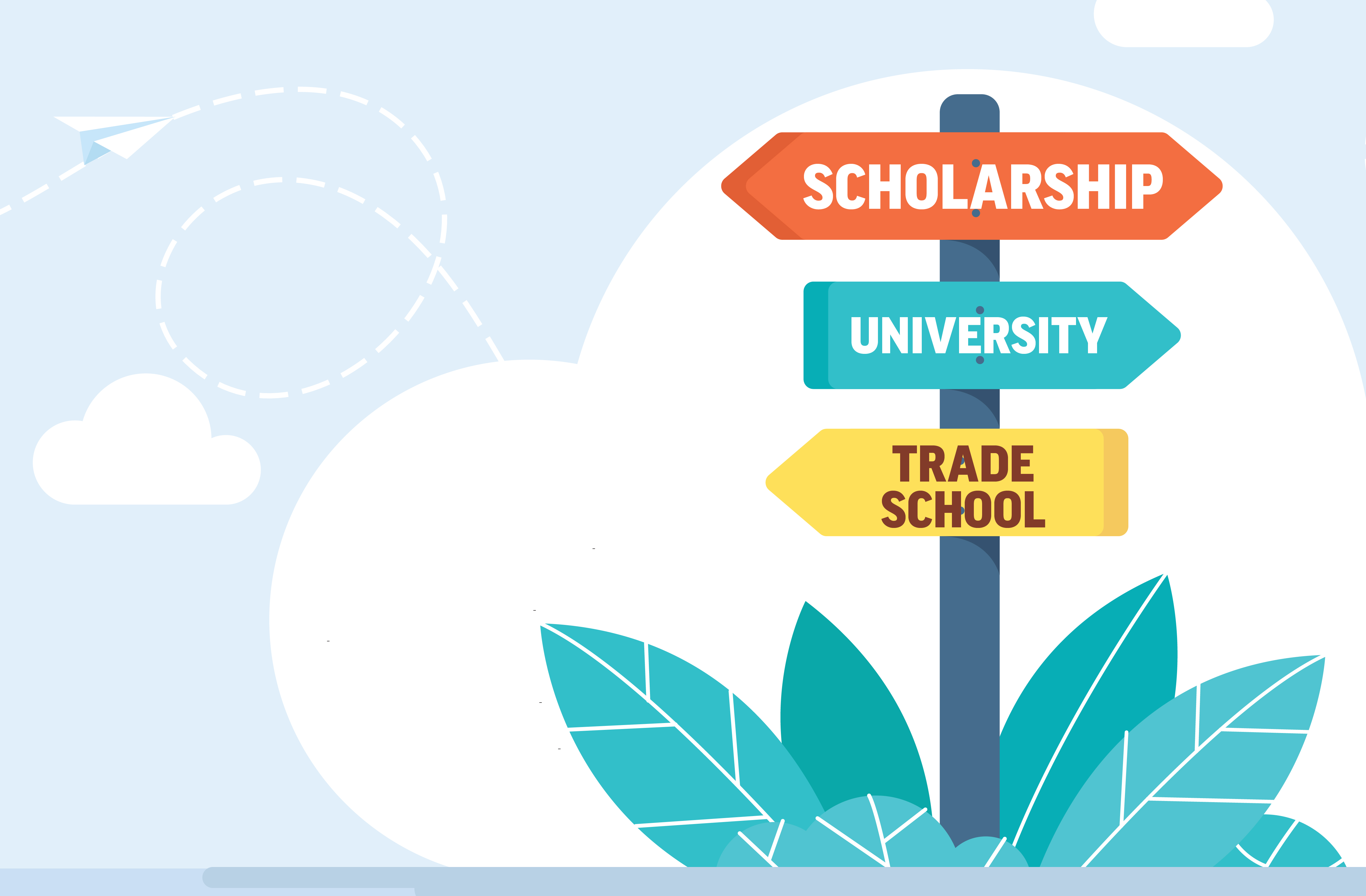
4 minute read
Beyond college
The Chapman Foundation provides scholarships for students choosing paths besides traditional college
By Elle Rahilly
For most high school students in the United States, a view of the future often includes college. However, many other paths, such as attending a technical or trade school, can be taken. Most scholarships available to students can only be applied to a traditional college or university, but the William H. Chapman Foundation offers unique opportunities to those seeking alternative education options.
The William H. Chapman Foundation was chartered in 1952 and has since provided more than $5.7 million in scholarship funding to New London County students pursuing post-secondary education in academics and trades, including vocational and certificate programs. Initial funding was provided by the sale of the William H. Chapman Technical High School in New London (now Bennie Dover Jackson Multi-Magnet Middle School) to the city in 1951.
Local businessman William Henry Chapman founded Chapman Tech at the turn of the twentieth century. It was the first high school in New London and one of the first trade schools in the region.
“Chapman was very conscious that not everybody wanted to go to college, especially during that period of time,” says Caroline Driscoll, who has been with the foundation since 1975 and currently serves as the awards administrator. “So, he decided to create a trade school.”
According to Driscoll, college is not necessarily the best fit for every high school student. “Not all students learn best or function best that way,” she says. In fact, trade jobs like solar installers, makeup artists, and wind turbine service technicians are all among the fastestgrowing careers in the United States, according to the Bureau of Labor Statistics.
While many vocational trade skills can be learned on the job, Driscoll notes that post-secondary education offers job seekers a guaranteed foundation of knowledge.
“Traditionally, trades were learned by apprenticing,” Driscoll says. “That still happens to some extent, but even the trades have become so technological now. There’s a lot of engineering, law, and permitting involved. And if you’re going to be a tradesperson, you’ve got to know all that.”
Today, the foundation provides awards ranging from $1,000 to $2,500 to an average of 120 students annually. Recipients are chosen based on an application that includes academic performance, financial need, extracurricular activities, and community involvement. There are no age, sex, race, religion, college, or field of study restrictions. Extenuating circumstances are also considered.
“We feel that everybody deserves a chance,” shares Driscoll. “We’ve got a lot of kids who don’t have a home or
are really doing everything they can to keep that home together while they also go to school, and we try to take all of those things into consideration.”
According to Driscoll, the application’s 650-word essay component allows the foundation to get to know each student.
For some applicants, the foundation provides more than just financial support. Driscoll works with students to help guide them down the best path for their future.
“An awful lot of these students will be the first in their family to go to school,” she says. “And it’s a huge labyrinth that you’ve got to get through—filling out applications, finding financing, and making decisions. That’s a lot.”
Driscoll serves as the initial intake for all scholarship applications the foundation receives, which she then distributes among the other 11 members of the board of directors. All 12 board members are responsible for reviewing and ranking applications, each requiring review by at least three board members. Scholarship funding is awarded annually, meaning students can apply each year for a maximum of four years.
For the 2022–23 school year, the foundation awarded a total of $213,400 to 118 students from 24 towns across southeastern Connecticut and beyond. 26 of those students attended the Science and Technology Magnet High School of Southeastern Connecticut in New London, one of several tech high schools in the county that follow the model laid out by Chapman Tech.
One notable Chapman scholar is the late Lucille Showalter, who founded the New London Maritime Society and also taught at Mitchell College and New London Adult Education for years. Many recipients of Chapman scholarships have gone on to pursue fulfilling careers in fields ranging from culinary and cosmetic arts to medical and mechanical services, engineering, social services, and more.
2024–25 scholarship applications launched on December 1 and are open through April 1, 2025. Visit williamhchapmanfoundation.org for more information and to download the application. Completed applications must be mailed to Post Office Box 1321, New London, CT 06320. For questions, reach out to Caroline Driscoll at 860-443-8010 or chapmanfoundation@yahoo.com.







